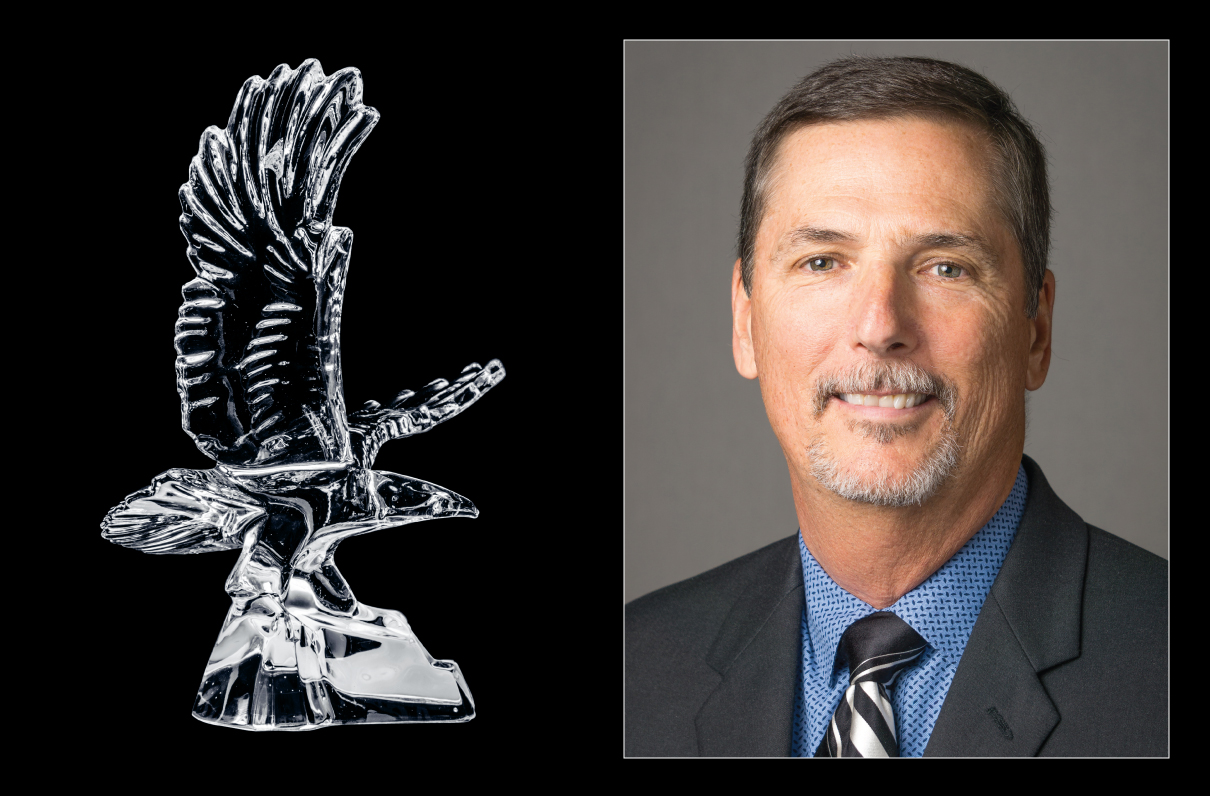Taking part in the Warrior Games, with the opportunity to work one-on-one with every athlete, was an honor and privilege for employees of Vantage Mobility International (VMI). “Quite awesome to play even the tiniest role,” according to one employee. Another, one of VMI's veteran employees, ranked it on the top-10 list of things he's done so far in life.
Phoenix-based VMI converts minivans to be wheelchair accessible.
Disabled veterans can receive sizable government stipends for a vehicle. Eligible veterans can qualify for stipends from the VA to pay for a vehicle conversion - putting in ramps and other equipment to be wheelchair accessible. If the person's disability is service-connected, an additional one-time stipend goes toward a vehicle's purchase price.
When injured servicemembers started coming home from the wars in Iraq and Afghanistan, VMI experienced a surge in demand.
VMI CEO Tim Barone witnessed this, and the company formed a new office to help veterans work through their benefits and get set up with a van.
Barone, whose dad served as a staff sergeant in the Army Air Corps in World War II, studied finance at the University of Albany-State University of New York (SUNY). He then earned his Master of Business Administration from SUNY's University at Buffalo. He worked in the meat, oil, soap, and coffee industries before pulling in at VMI more than 20 years ago.
Meet our other award recipients:
Starbucks CEO to Be Recognized for Employing Veterans, Military Spouses
Arizona Congresswoman Recognized for Putting Veterans First
Former A-10 Pilot Brings the Fight for Servicemembers to Capitol Hill
Service-Minded Hill Staffer is Determined to Take Care of Veterans
This Marine Infantryman Fights for Disabled Vietnam Veterans
VMI rebuilds about 4,000 vans a year to make them wheelchair accessible, modifying the chassis and interiors of the newest models of the Toyota Sienna, Chrysler Pacifica, Honda Odyssey, and Dodge Grand Caravan - and now the Honda Pilot SUV - to accommodate wheelchairs. In vans, hydraulics raise and lower the entire vehicle.
Customers buy their vans through one of 250 local dealers that specialize in mobility equipment. Every state has at least one. The dealers now can work through VMI's Veteran Advocate Center when a customer is a veteran.
VMI also helps VA beneficiaries directly by assisting with claims and with the company's own $1,000 rebate toward the vehicle's purchase price.
Depending on options, a new van or SUV might cost $28,000 to $45,000, Barone explains. The conversion to add wheelchair accessibility is $25,000. The VA covers the full cost of the conversion for eligible veterans, he says, plus an additional one-time allowance of $20,577.18 toward the cost of the vehicle if the veteran's disability is service-connected.
VMI has sold more than 10,000 vans to veterans in the past 10 years, according to Barone. Veterans now represent about a quarter of the company's business, which has grown to include partnerships such as an additional $1,000 rebate for USAA members.
VMI sent employees with a fleet of vans to DoD's most recent Warrior Games athletic competition, held in Chicago, giving the athletes a lift anywhere they wanted to go.
Working with veterans contributed to VMI's newest offering for customers who want to project a younger image without “the soccer-mom stigma of minivans,” Barone says. Consequently, in February, VMI unveiled its new Honda Pilot conversion.
A member of the National Mobility Equipment Dealers Association, Barone has a lot of respect for how the VA has responded to meet veterans' needs. “They take very good care of these folks for what they've given up for their country,” he says.
Barone and Starbucks CEO Kevin Johnson are receiving the 2018 Distinguished Service Award.
